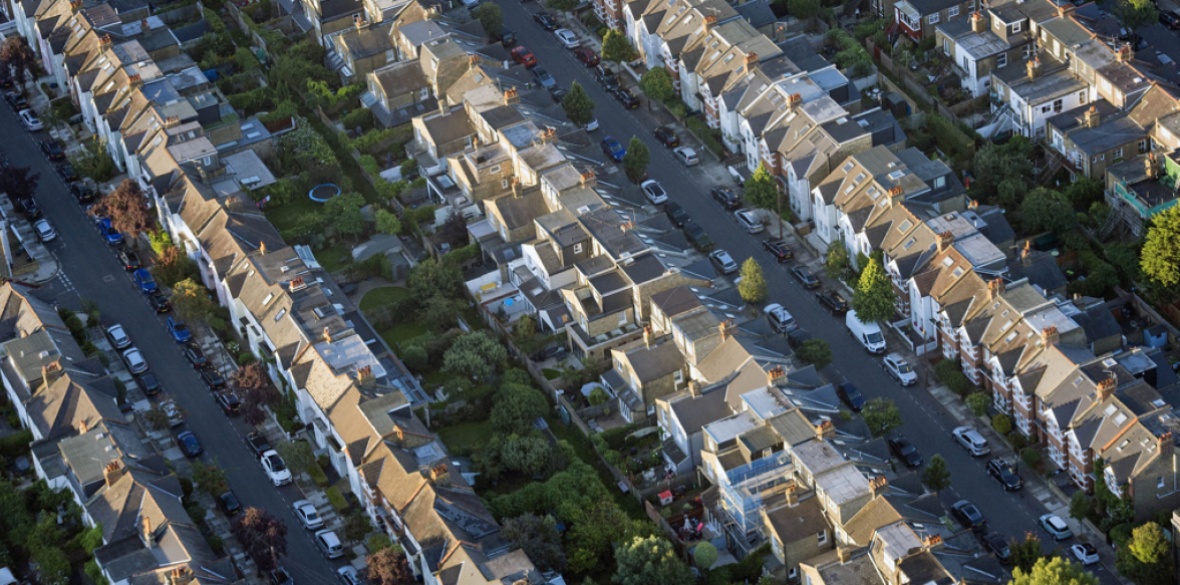This is the last article you can read this month
You can read more article this month
You can read more articles this month
Sorry your limit is up for this month
Reset on:
Please help support the Morning Star by subscribing here
SOCIAL housing could “face extinction” under the government’s sweeping reforms to the planning system, a charity warned today.
Housing Secretary Robert Jenrick claims the proposals, which constitute the biggest shake up of the planning system since World War II, will cut red tape and speed up house building.
Under proposals in the planning for the future white paper, the government intends to scrap section 106 agreements and the community infrastructure levy, legislation which delivers 50 per cent of the country’s affordable housing.
The government plans to replace the agreements with a new infrastructure levy that will be a fixed proportion of the value of the development, above a set threshold.
But Shelter argued that this does not provide guarantees developers won’t negotiate down the number of affordable units they are obliged to build.
The charity’s chief executive Polly Neate said: “Decades of political decisions have left social housing gravely endangered.
“If the government now removes the requirement for developers to build their fair share it could face extinction.
“Section 106 agreements between developers and councils are tragically one of the only ways we get social homes built these days, due to a lack of direct government investment.
“So, it makes no sense to remove this route to genuinely affordable homes without a guaranteed alternative.”
The Ministry of Housing, Community and Local Government insists that the new “simpler” levy ensures “developers deliver at least as much, if not more, affordable housing.”
The current planning system is facing reforms due to claims that it has held back the construction of new and affordable homes.
This is at odds with Local Government Authority figures which shows that 90 per cent of planning permission is granted while one million homes that have received permission have not been built.
Under the new system, land would be classified into three zones — growth, renewal and protection — with automatic planning permission granted if a development matches certain criteria.
Granting developers “automatic” permission has prompted fears that the new rules could lead to “the creation of the next generation of slum housing,” according to the Royal Institute of British Architects.
Wildlife and Countryside Link CEO Richard Benwell said: “The scale of reform proposed by the government could allow unrestrained development across great swathes of our landscape, unless it is properly balanced by site-specific, democratic and transparent protection for nature across the country.”











